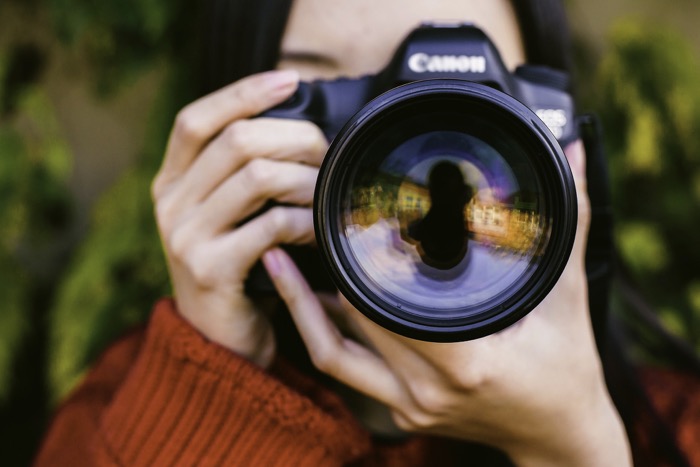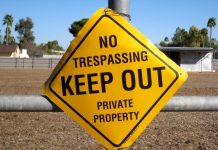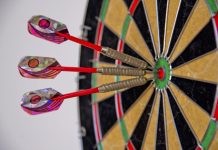Guidelines for journalists working with images

Media Helping Media has produced a set of suggested ethical guidelines for video and photojournalists following a request from a user. Media Helping Media often produces custom-made training modules free of charge. The following tips are based on commonly accepted editorial values adopted by most mainstream media.
Accuracy
- Keep an accurate record of all you shoot including time, date, location, circumstances and details of all the parties involved in the event you are covering.
- The research for the story behind the images you are shooting should be well-sourced, supported by strong evidence, examined and tested, clear and unambiguous.
- Don’t just go for the shocking, sad and emotionally charged images; to do so might exploit the victims and fail to uncover the cause of the distress.
- Never accept what you are told at face value; always check every detail with two independent sources.
- Always be aware that there will be those who will want to set up an event for their own purposes; be wary if you are offered an amazing photo opportunity.
- Be sure that what you photograph reflects the true situation accurately and is not a distortion of reality; on the other hand, never ignore the one-off that could reveal an aspect of neglect or harm that has so far gone unnoticed.
- You don’t need to have the whole story behind what you see, but you do need to be totally open, honest and transparent about what you know and what you don’t know.
- Never follow the pack; they may be being led and fed by those with ulterior motives.
- Build your own trusted contacts so that you are able to distinguish between fact and spin.
- Be careful when filming an incident or a subject when you are not culturally familiar with the background and circumstances; what may seem shocking to you may only reflect one element of a complex story.
- Don’t crop or edit beyond what is technically necessary to display the image; you could distort more than the picture – you will know instinctively when you have crossed the line between editing and manipulation.
- Never stage-manage a shoot to hype up the story; your job is to report what has actually happened.
- Check this site’s editorial guidelines on accuracy.
Impartiality
- Be careful when filming topics about which you are passionately concerned; you could lose your objectivity and do more harm than good.
- If you have a personal interest in covering an event, make that absolutely clear in the text that accompanies your work.
- Aim to offer all sides of the story in context and in a way that enables the audience to reach a reasoned and informed conclusion.
- Your only motivation should be to inform the public debate and shine a light on wrongdoing and abuse.
- Being impartial and objective means not being prejudiced but being fair and accurate; be sure to recognise when you are getting carried away.
- Always rise above your own personal perspective to try to see a story from other points of view; otherwise your work is likely to be one-sided and limited in scope value.
- Ensure that you reflect a wide range of opinions through your camera lens, and be prepared to explore conflicting views so that no significant point of view is left out.
- Check this site’s editorial guidelines on impartiality.
Taste & decency and offence
- Do not be afraid of offending if the information you are covering is in the public interest.
- Avoid gratuitous imagery that shocks rather than enhances the understanding of the audience; you are not there to sensationalise or impress.
- Check this site’s editorial guidelines on offence.
Privacy and consent
- Respect a person’s privacy, especially the vulnerable; their situation should not be seen as a rung on your career ladder.
- Ensure that those you are filming are aware of how, where, and when the images are going to be used. If they are to be used online as well as in print or broadcast ensure that those being filmed understand that the images will be searchable forever.
- Check this site’s editorial guidelines on privacy.
Integrity
- Never expose someone to ridicule and humiliation; they have to live with the fallout the photographs and images will bring, whereas you may have moved on to the next story and suffer no consequences.
- You are working as a video/photo journalist to inform the public debate, not for your own glory or to try to make yourself look good.
- Never expose a subject to danger in order to improve the shot; take what is natural, warts and all.
- Never take payment, promises, or favours in return for covering an event in a certain way or submitting a photograph that serves a cause.
- Check this site’s editorial guidelines on integrity.








